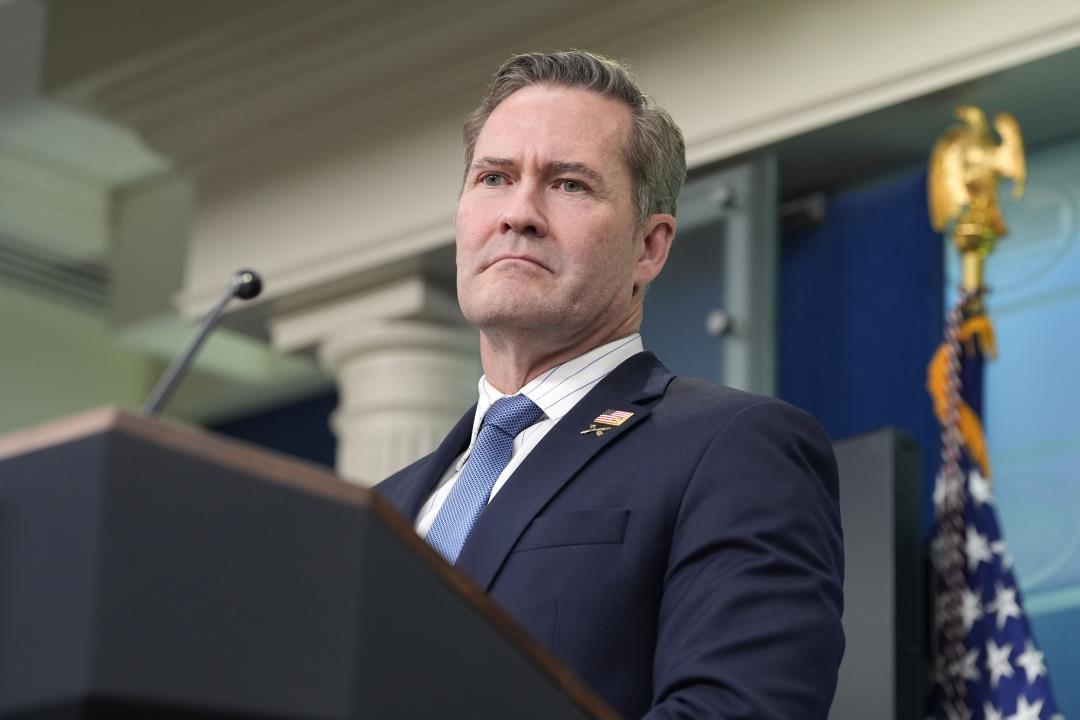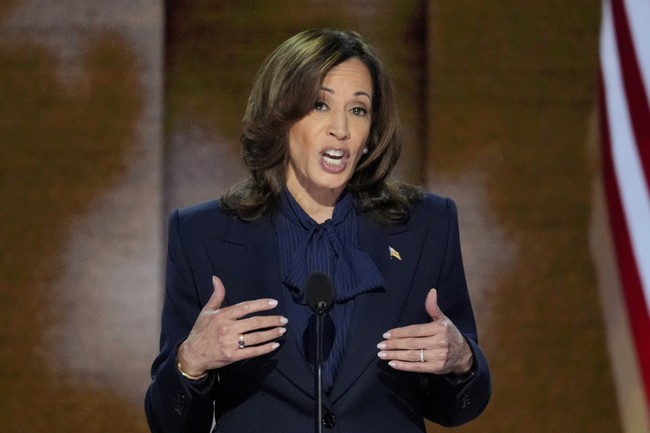IMF and Pakistan: Economic Milestones and Future
Explore how Pakistan and the IMF collaborate to navigate economic challenges with strategic loan agreements, aiming at stability, sustainability, and reforms.
Published March 27, 2025 - 00:03am

Image recovered from arabnews.com
In recent years, Pakistan has found itself navigating turbulent economic waters, necessitating international intervention to stabilize its financial system. Among the most pivotal partnerships has been with the International Monetary Fund (IMF), leading to significant agreements targeting economic recovery and resilience.
The IMF and Pakistan have reached a staff-level agreement concerning the first review of the 37-month Extended Fund Facility (EFF). This $7 billion facility, initially secured last summer, was a critical step for Pakistan as it sought to recover from its economic crisis. The extension of an additional $1.3 billion through the Resilience and Sustainability Facility (RSF) exemplifies the IMF's continued support and confidence in Pakistan's reform agenda.
The Pakistan-IMF agreement intends to achieve a sustainable reduction in public debt propelled by gradual fiscal consolidation. As part of the policy initiatives, the Pakistani government aims to maintain stringent monetary policies to combat inflation, advance energy sector reforms to enhance viability, and expand its reform agenda to foster inclusive growth. Social protection, health, and education are earmarked for support within this framework.
This staff-level agreement, pending approval from the IMF Executive Board, will allow access to approximately $1 billion under the EFF, signaling further opportunities for Pakistan to strengthen its economic foundations. The IMF, through its mission chief Nathan Porter, has acknowledged Pakistan's commendable progress over the past eighteen months, highlighting improvements such as reduced inflation rates, better financial conditions, and narrowed sovereign spreads, all signaling a reinforced external balance.
Challenges, however, persist. The global economic landscape remains burdensome, with geopolitical shocks and potential macroeconomic policy slippages threatening strides made thus far. The IMF's strategy emphasizes the importance of resilient policy frameworks that focus on building a stable fiscal environment, price control, and private sector-led growth that embraces inclusivity and sustainability.
Moreover, Pakistan's focus on climate resilience is supported by the IMF's RSF. The facility supports enhancements in budget and investment planning, promoting climate adaptability, efficient water use, and an improved disclosure system for climate risks. Aligning energy sector reforms with climate mitigation targets illustrates Pakistan's commitment to a sustainable future amidst stark climate-related challenges.
The discussions further point to a consensus among the IMF team and Pakistani authorities on the importance of enacting substantial reforms. Significant emphasis is laid on tax equity and transforming the energy sector, areas pivotal for establishing robust macroeconomic stability. This coherence between fiscal priorities and reformative actions exemplifies the synergy sought in tackling economic hurdles jointly.
Praises for Pakistan's economic progress are echoed by figures such as Advisor to Finance Minister Khurram Schehzad. He underscores the strategic strides in tax equity and monetary stability, which form the backbone of the government's economic reform agenda. These steps are viewed as critical in securing economic resilience amid perturbations in global markets.
As the IMF and Pakistan move forward, the focus remains firmly on entrenching the hard-earned reforms, emphasizing financial discipline, fiscal prudence, and targeted economic growth that does not come at the cost of the environment. These efforts are integral in securing a future where Pakistan's economy can thrive independently while equitably sharing growth benefits among its populace.







